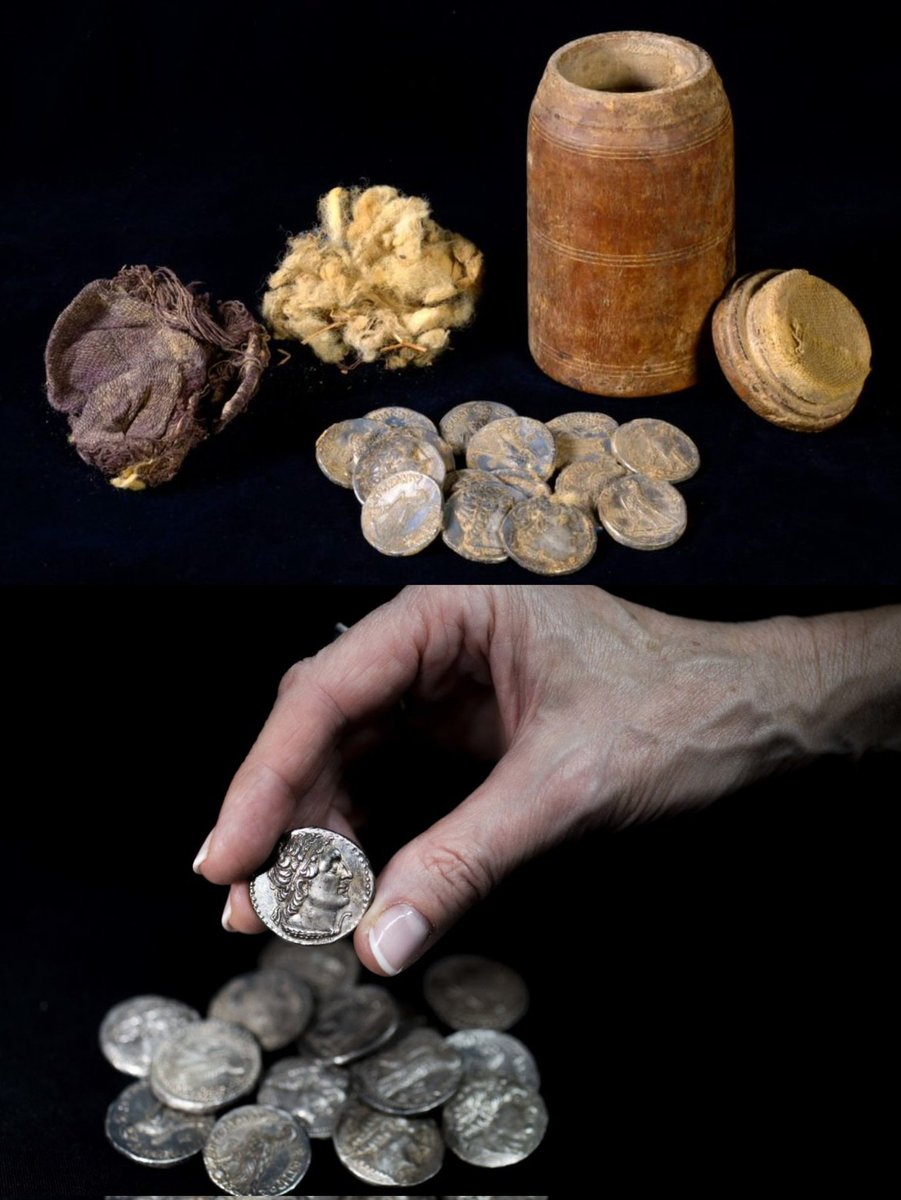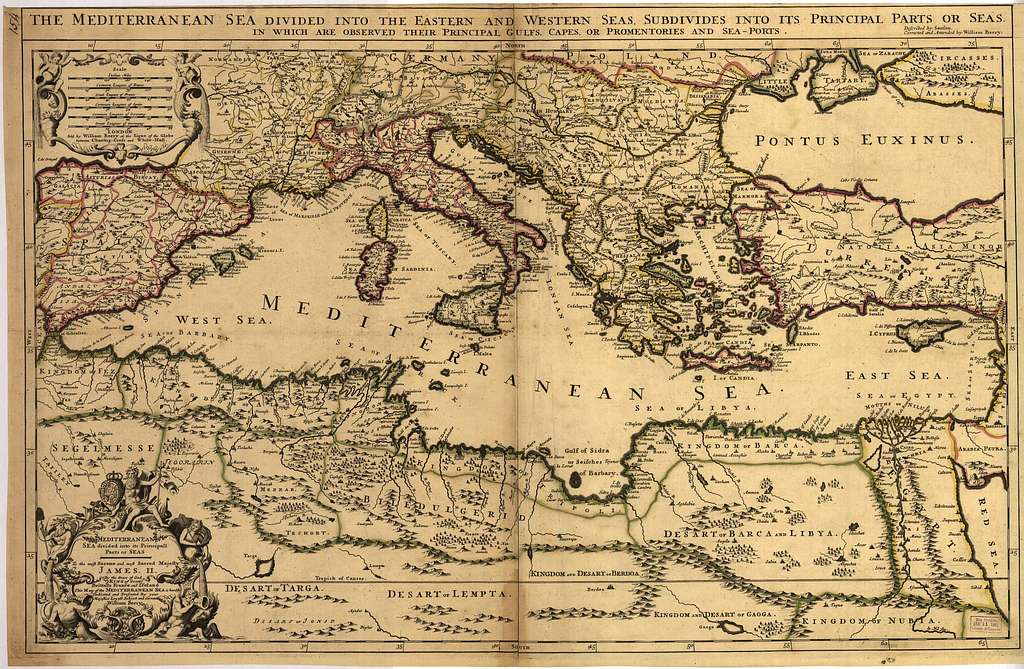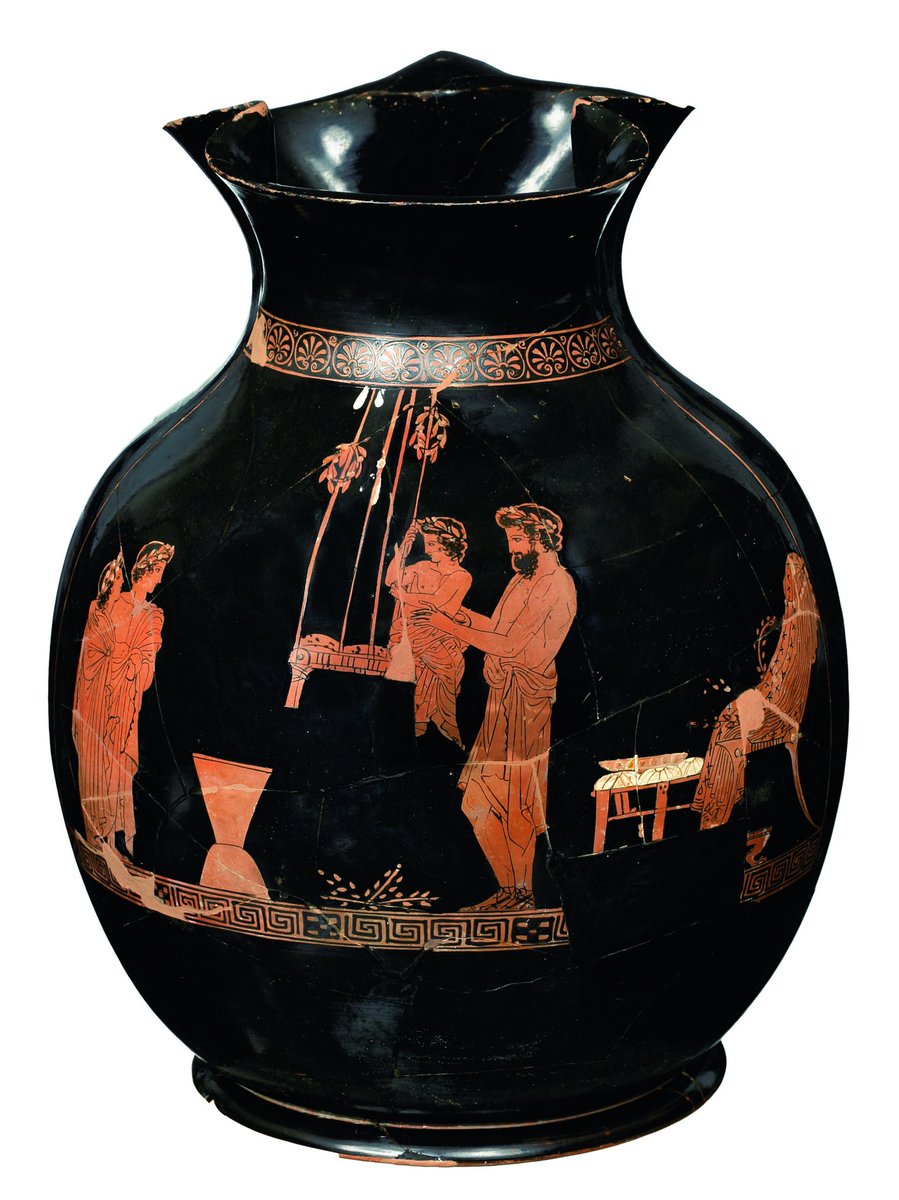An incredible artifact...
This device, consisting of a sundial and geared mechanical calendar, is the second oldest known of its kind. The earliest known example is the #AntikytheraMechanism.
It dates around 400-600 BCE, Byzantine Empire.
This device, consisting of a sundial and geared mechanical calendar, is the second oldest known of its kind. The earliest known example is the #AntikytheraMechanism.
It dates around 400-600 BCE, Byzantine Empire.

"16 locations are inscribed in Greek on the sundial plate, translated as: Constantinople, Syene, Thebaid, Africa, Alexandria, Antioch, Rhodes, Athens, Sicily, Thessalonika, Rome, Dalmatia, Doclea, Caesarea Sratonis, Palestine, and Ascalon." 

"The owner of this device would have been able to use it as a sundial to tell the time in 16 locations across the ancient world and would have been able to predict the positions of the Sun and Moon in the zodiac and the lunar phases." 

Visit and learn more here🔽
collection.sciencemuseumgroup.org.uk/objects/co1082…
collection.sciencemuseumgroup.org.uk/objects/co1082…
At least we can assume that a simpler form of gear mechanisms did survived until the early Middle Ages/Late antiquity. Which is surprising and incredible
https://twitter.com/AncientGreekHL/status/1492256902960631820?t=xSyszxVWnwHjhk73kU2XFg&s=19
*correction: 400- 600 AD!
😂So...again, the correct date is 400-600 AD or CE (modern era!) not BCE...it was just a typo.
*Thank you*
*Thank you*

And this informative video👇
• • •
Missing some Tweet in this thread? You can try to
force a refresh
















